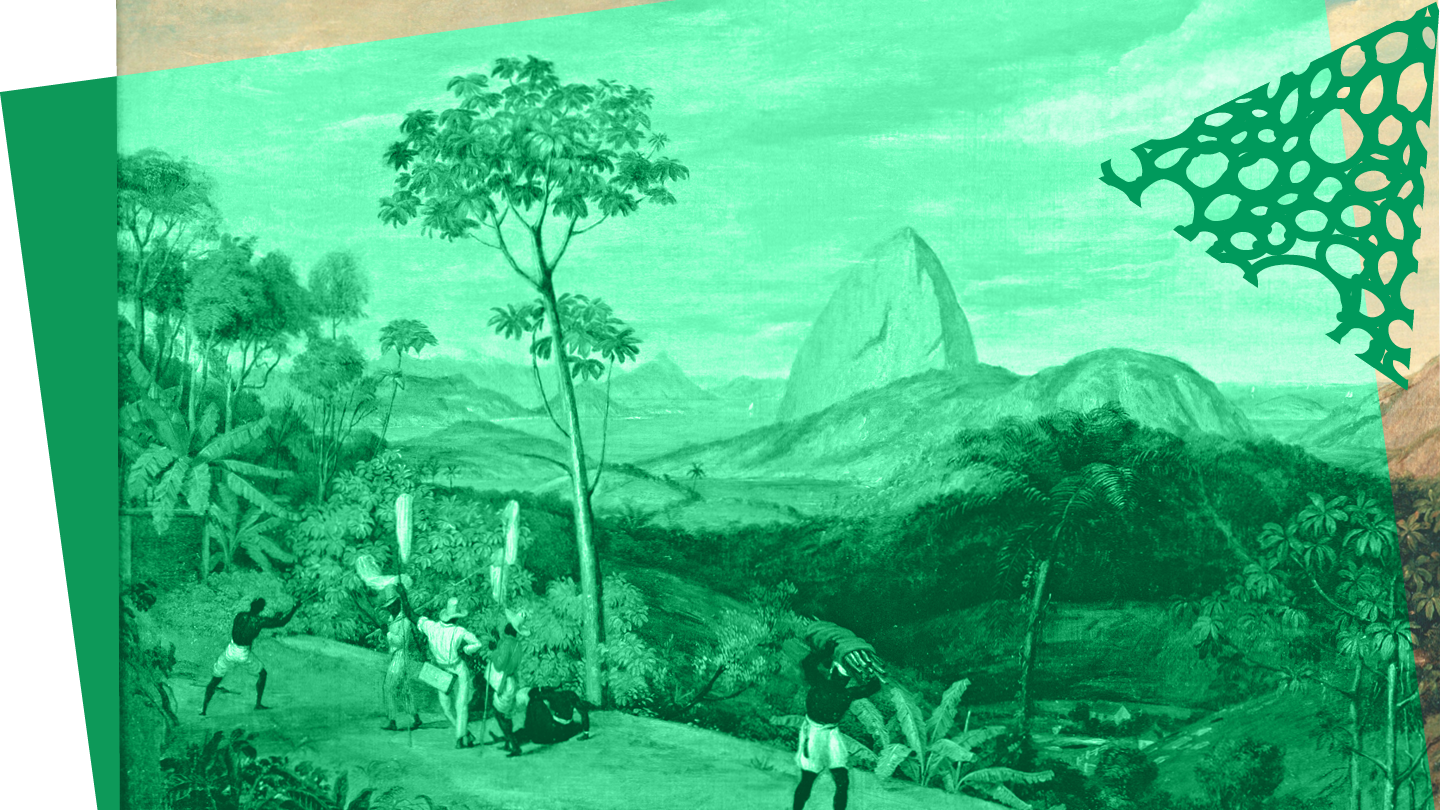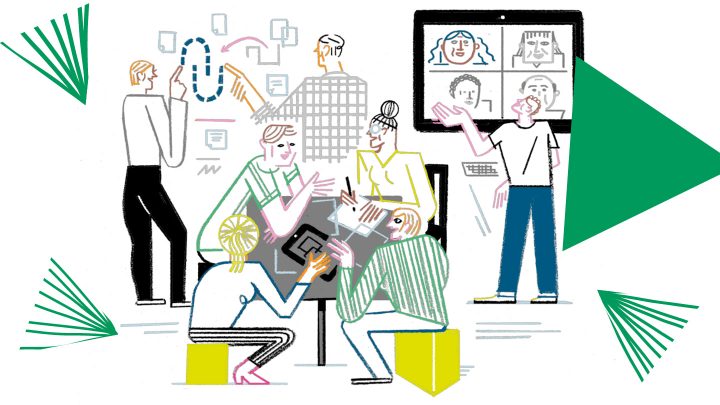8 different organizations provide Wikibase services.
The platform “Enslaved: Peoples of the Historical Slave Trade” collects historical data on those people who were directly affected by the transatlantic slave trade. The digital humanities project is run by Michigan State University and supported by the Andrew W. Mellon Foundation. Enslaved.org uses Wikibase, the free database software from Wikimedia Deutschland. Various historical databases are linked together in a Linked Open Data platform. The goal is to give enslaved people their history back.
“The tragedy of slavery is indescribable,” says Dean Rehberger, Director of the MATRIX Digital Humanities Center and Professor of History at Michigan State University. “As historians, we are faced with the problem of how to talk about the unknown and unspeakable,” explains Daryle Williams, co-principal investigator on the Enslaved.org project.
The two researchers therefore set out to make a chapter of history namable and tangible that has been and continues to be largely suppressed. Their platform Enslaved.org collects historical data on the transatlantic slave trade. They come from census records, baptism records, shipping records and sales records.
It’s an enterprise with many challenges. “We have all this data in handwritten documents that we have to digitize,” says Rehberger. “Or we have data on material that is deteriorating and in danger of disappearing over time. So we need to preserve and capture that original data.” Many of the information and artifacts of colonial slavery held in archives are written from the perspective of slaveholders, which poses an additional problem. “We have to ask ourselves if and how we want to reproduce this data,” Williams points out. In addition, records are often contradictory, names change in different documents, and there are untold spelling variations depending on time, language, and region.
“We want Enslaved.org users to read these records and make sense of them,” Rehberger explains. “We want to send them back to the source.” To do that, records are merged, and users can go back and find the original at any time.
To make this possible, the researchers chose to work with Linked Open Data and specifically Wikibase – the free database software from Wikimedia Deutschland. “Wikibase allows for the complexity that is part of our work,” Rehberger said. In addition, he said, the software has a sustainable community. “Even if we stopped working on Enslaved.org, the technology would continue to be updated.”
Even before Enslaved.org, the two ran a digital humanities project called Slave Biographies, collecting historical records about the lives of enslaved people. “The problem was,” Rehberger recounts, “there are so many different kinds of software, data formats and tools. We had access to a lot of data, but it was in silos and difficult to work with. We wanted to connect the different projects that had evolved over time and make them accessible to a larger community.”
“A big problem in historical research is that slavery erased names and destinies and destroyed knowledge,” Williams says. “It’s impossible to fully recover that knowledge. However, there are millions of records of the millions of people who were enslaved, and many are named in those records. We are trying to systematize and reconstruct destinies.” It’s an endeavor with a sociopolitical dimension that resonates into the present. “Say their names” is what survivors of racial violence in the U.S. are calling for. Williams therefore asks, “What can we do to literally speak their names?”
This text is based on an interview by Elisabeth Giesemann.



